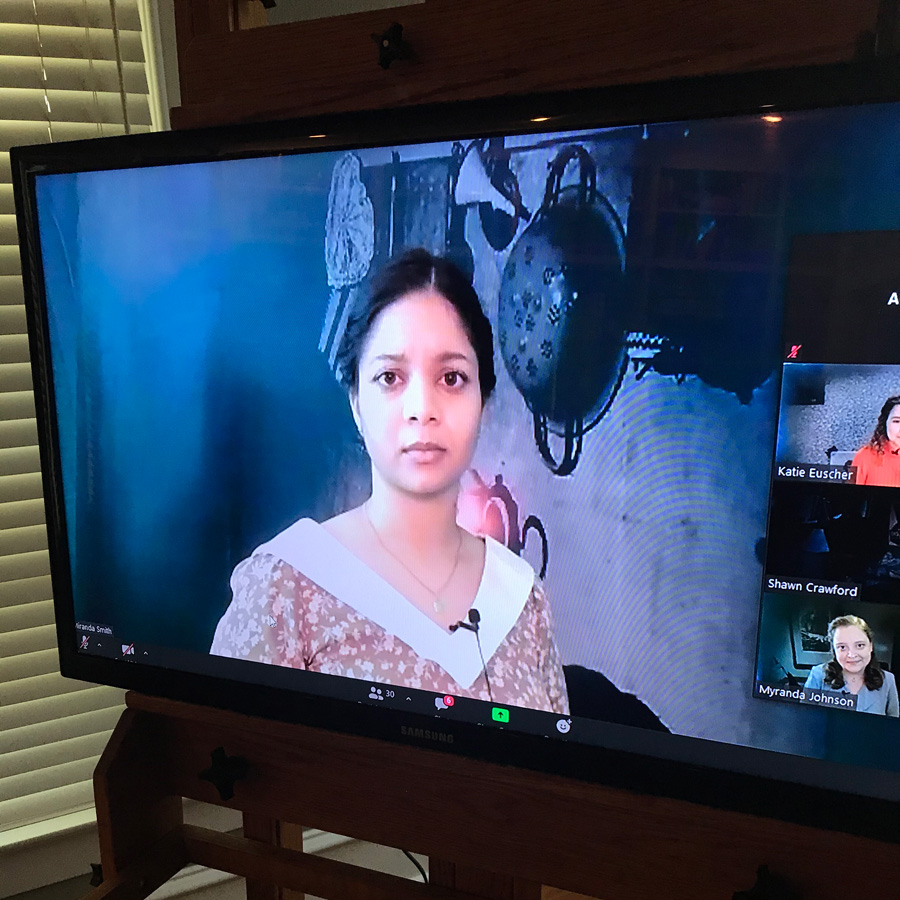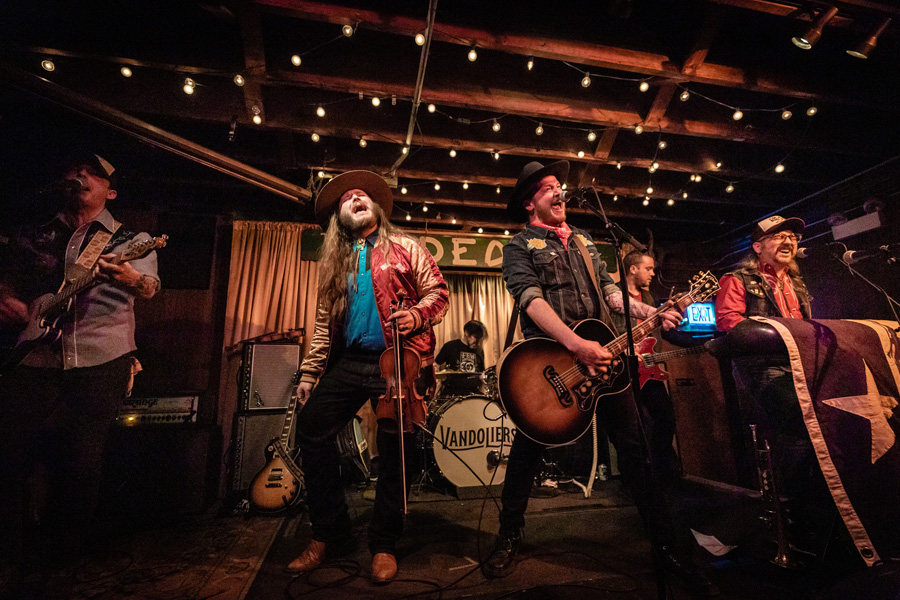Don Thomas II ('15) lost his job as a direct impact from COVID 19 when he found himself with a
lot of down time.
"I needed something to channel my energy into," he says.
Thomas, who graduated with a degree in criminal justice, picked up a film camera.
He liked the process of snapping an image and turning it into an intimate moment.
"I wasn't good at first," he says. "It made me want to keep working and be good at
it."
He soon was documenting events, such as food drives organized by For Oak Cliff, a
nonprofit organization run by Xavier Henderson ('14) and Taylor Toynes ('12). One of the photos appeared in Land and People Magazine published by the nonprofit organization Trust for Public Land.
"After that, I wanted to offer more of my photography to the world," he says. "I thought,
'What is something that is underappreciated in a society?'"
At a doctor's appointment, he drew inspiration from a doctor wearing blue scrubs and
a white coat -- donning blue-and-silver crystallized nails to match her outfit.
He went on to collect enough photographs of women's nails for an exhibition called
"Klawz," which was displayed in December 2020 at the Wright Art Twins Gallery in Dallas.
He calls it a salute to nail technicians and those who wear them.
"They are beauty specialists that deserve their creative respect," Thomas says. "They're
not really appreciated, but they hold so much value to women's appearances and self-esteem."
During the holiday season, Thomas was invited by a friend to donate his time by passing
out clothing and food to the homeless and ended up staying longer than the others.
He had the opportunity to engage in fellowship and hear the different stories of how
people became homeless. Thus he was inspired to create a space for the homeless to
share their stories, to provide context and to conceptualize the homeless epidemic
in Dallas.
"Faces of Dallas" was created with the notion to humanize the homeless by allowing
them to consensually tell their stories.
"When I walk the streets of downtown Dallas and see a lot of homeless people, I see
them as human beings with a story, good or bad. I feel it should be told without judgment,"
he says. "I hope to inspire others to treat those who are less fortunate with dignity
and respect and to never look down on anyone who has less than them."
Thomas, who uses the name Tortellini Photography for his photographic work, says the
pandemic gave him time to unlock the creativity he always had inside.
"The world stopped," he says, "but I was able to keep moving."


